Kindergarten Subjects & Curriculum for Homeschoolers
Parents often find that homeschooling kindergarten is a delicate balancing act. You’re excited (and maybe a little nervous) to start teaching your child. You want to make sure that you’re covering all the necessary subjects well. What subjects do you actually need to teach in kindergarten? What curriculum should you use to teach these kindergarten subjects?
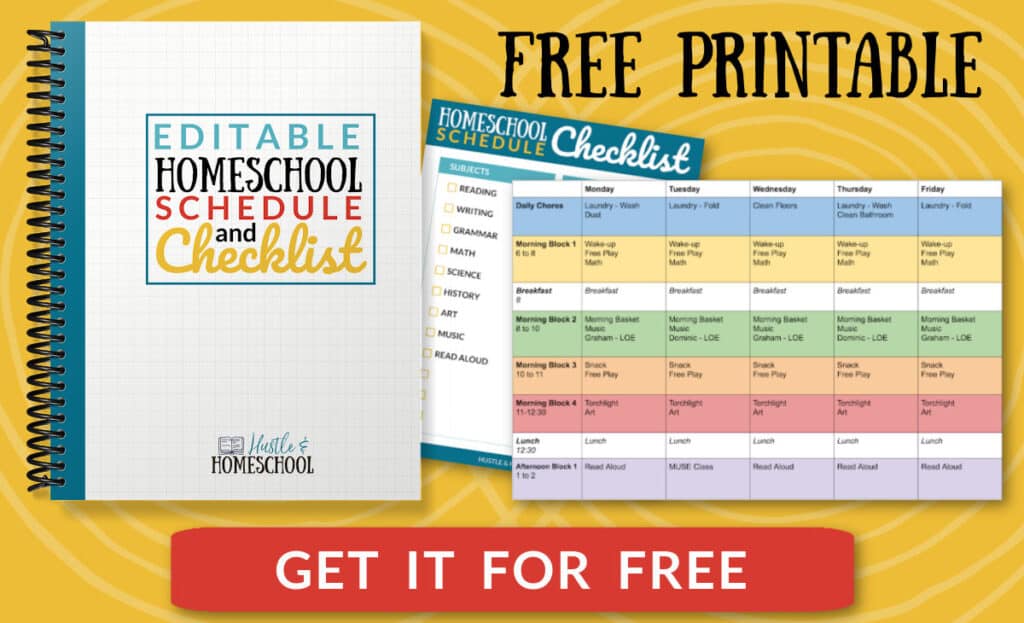
This post contains affiliate links. If you make a purchase after clicking a link, I will earn a commission. Disclosure policy
Balancing Play & Academics in Kindergarten
There are many thoughts out there on what is appropriate and necessary subjects to teach 5 and 6 year olds.
Some families don’t do any formal learning yet. They just play.
We chose to take an eclectic and academic approach starting in kindergarten. We use both play based learning and academic work. It has worked out really well and feels like just the right balance for us.
This marrying of the two philosophies will create a well rounded and developmentally appropriate homeschool for your family. Remember to integrate learning into play and life. We don’t want to recreate school at home instead we want to create an academically rich environment where kids are free to learn with parental guidance.
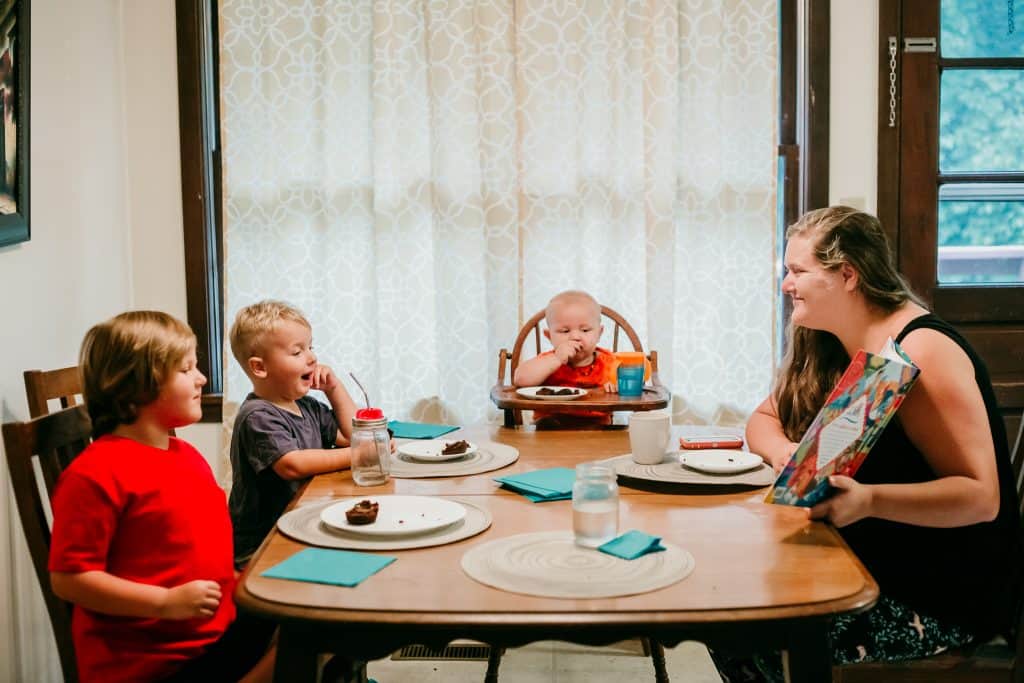
Subjects to Teach in Kindergarten
Let’s dive in to find out what subjects are important to teach in Kindergarten. I’ll also include recommendations for the curriculum that we use.
Core Subjects for Kindergarten:
- Language Arts
- Math
- Science
- Social Studies
- Character Building
- Art
- Music
- Practical Life
- PE
Here are the kindergarten subjects and the kindergarten curriculum we use to make the kindergarten year work well for our family!
Kindergarten Language Arts Curriculum
For kindergarten, language arts encompasses phonics instruction, reading, spelling, and handwriting. The curriculum I used to teach my kids these things is called Logic of English Foundations. We use Foundations A and Foundations B levels in Kindergarten.
I love that Logic of English is all-inclusive with phonemic awareness, phonics, reading, spelling, and handwriting. And levels C and D also include grammar!
Most kindergarteners will be ready for a full language arts curriculum, but some won’t be and that’s ok. If you get started and it’s too frustrating or it just doesn’t seem to be clicking, step away and come back in a couple months.
Related: Teaching Kids to Read – It’s Not as Scary as You Think!
It is important to recognize that most kids will not magically learn to read by themselves or simply be being exposed to books. Kids need formal phonics instruction to become good readers.
I also recommend using leveled readers once you finish Foundations A to keep kids motivated and build up reading fluency. These leveled readers are great to do alongside Foundations B.
I’ve used Logic of English Foundations with two of my kids so far, and we love this curriculum. It is the one curriculum that I think is the most important to get and focus on in Kindergarten.
Related: Logic of English Curriculum Review
It’s also important to read quality picture books to your kids and let them improve their fine motor skills by playing with play dough or kinetic sand to build hand muscles. Fine motor skills are an important part of developing good handwriting.
Kindergarten Literature Curriculum
I love to read a good book with my kids and discuss it. We start this early! And in Kindergarten, we also add the LitHouse Learning Level 0 novel studies to this routine. Kindergarteners love these books that are full of pictures and a fun story. They also include lapbooks, oral narration, and more! They’re perfect for this age.
For Kindergarten, I recommend these:
- The Way of the Hive Novel Study
- Willa the Wisp Novel Study
- The Nutcracker and the Mouse King Novel Study
- Trouble with Tattle-Tails Novel Study
- Ivy Novel Study

Check out my full list of Secular Language Arts Curriculum.
Kindergarten Math Curriculum
In kindergarten, math instruction is often recognizing patterns, building number sense, and counting, plus some simple addition and subtraction. These early math skills provide your kid with the foundation for all the math they’ll do in the future. It’s important to teach them well while also keeping it fun. My favorite kindergarten math curriculum is Kindergarten Math with Confidence by Kate Snow. It’s a solid, affordable math curriculum that is scripted and easy for the parent to teach. Plus it includes hands-on games and activities that your child will love.
A great supplement for kindergarten math curriculum is the K Level of Wild Math! This gives you ideas for hands-on ways to practice math concepts outside.

Playing games is one of the best ways to practice kindergarten math skills in a fun way. So in addition to a good math curriculum, we have plenty of math games that we play regularly.
Games that Build Math Skills:
An alternative kindergarten math curriculum that is really great and hands-on is Right Start Math.
Related: 10 Best Board Games for Kindergarteners
Kindergarten Science Curriculum
You can approach science in a more simple way with unit studies or a full curriculum. We use a robust secular science curriculum for kindergarten: REAL Science Odyssey Life.
I did a lot of research when choosing our science curriculum. We really wanted to ensure that it would give our kids a firm foundation in understanding scientific principles, have a hands-on component and be enjoyable. REAL Science Odyssey ticked all of those boxes for me. This is a great science curriculum for Kindergarten because it incorporates so many things that kids are naturally interested in at this age.

Plus this is a scripted, open-and-go kindergarten science curriculum that makes it easy for the parent to teach!
See my full list of Secular Science Curriculum options here.
Kindergarten Social Studies, Geography, or History Curriculum
Kindergarten social studies often covers topics such as: culture, diversity, local community, basic economic concepts, geography, governance, civics, and basic history. This can seem like a lot to cover, and honestly you don’t need to cover everything. Obviously, check homeschool laws in your state or country, but usually, you don’t need to do a lot for these subjects in kindergarten.
We decided to cover geography and world literature using Exploring the World Through Story A. This is a great curriculum for kindergarten. It’s a gentle introduction to the world and includes age-appropriate stories, memory work, and oral narration activities.
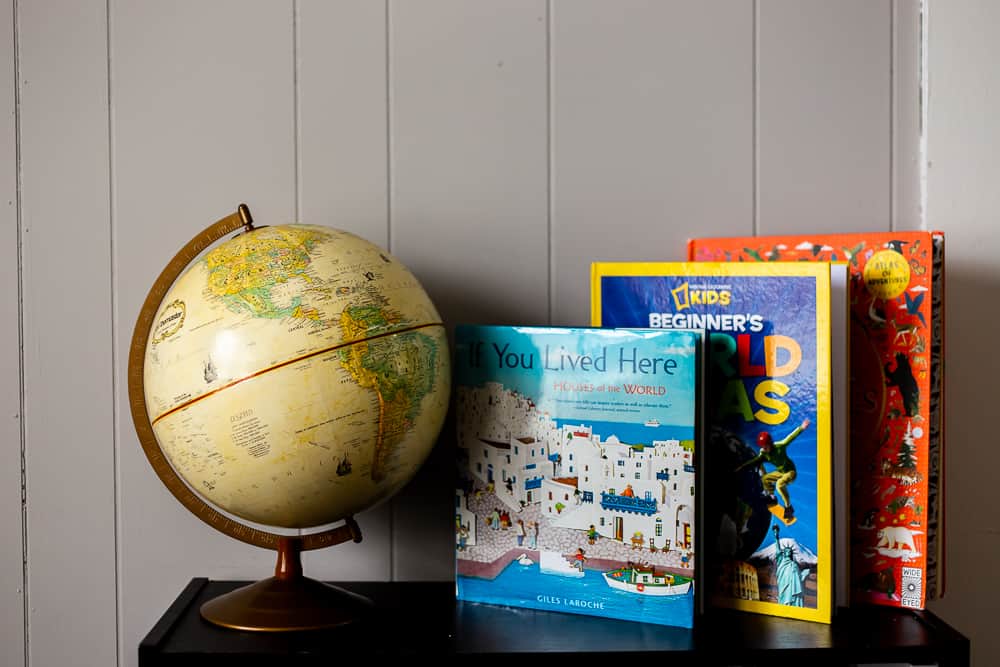
We might also use this free unit Let’s Explore Our World! from Core Knowledge.
See my full list of Secular History Curriculum here.
Kindergarten Character Building Curriculum
Character building and emotional intelligence are both very important during these formative years. During Kindergarten you can talk specifically about character traits, do thought experiments and help your child become mindful.
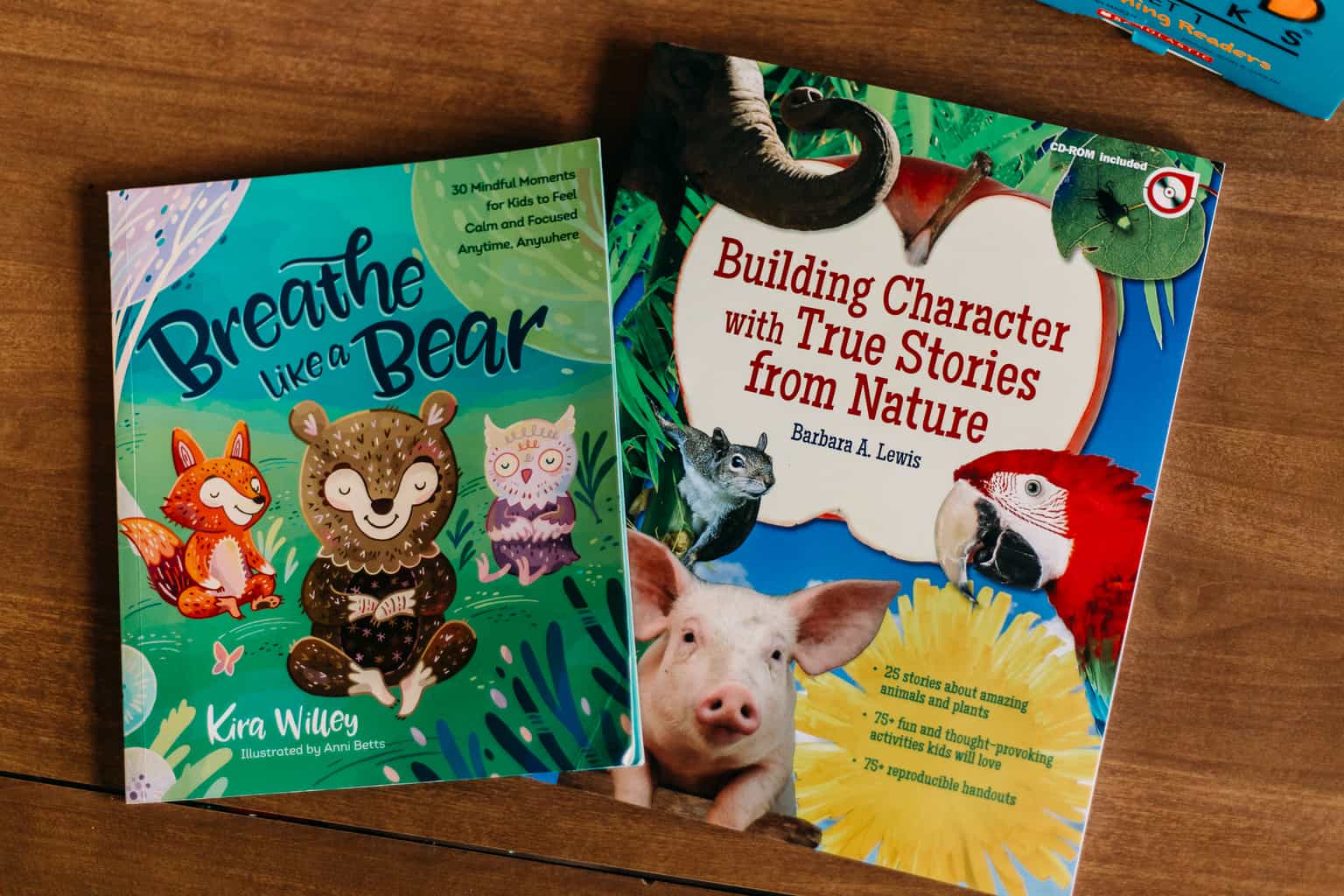
The best way to do this is through reading books and talking about them. Mali and Keela is an excellent book that specifically focuses on this. We also use Building Character with True Stories from Nature.
Related: Secular Morning Basket Time
Kindergarten Art Curriculum
We have come to love the Glitterbombers Art Membership! It’s great for the whole family. It’s so easy to find art projects that relate to history, literature, and even science. And my kids love browsing and finding fun projects that appeal to them.
Usually you can only join certain times of the year, but if you use my link, you can join right now!
Check out some of these Best Books to Teach Art to Kids for guidance and to get inspired!
Kindergarten Music Curriculum
I know my kids LOVE music and I suspect that most kids do. You can definitely just listen to music and sing songs with your kids. You don’t need a curriculum to follow at this age. Get a set of hand instruments and just have fun!
If you’re interested in some guidance or one of your kids wants to learn an instrument then there are some great options available!
We really enjoy using Prodigies Music. It’s so much fun and kids really learn music! I highly recommend checking it out. Kids learn songs, rhythm, and simple instruments like desk bells or boomwhackers. They also have a recorder course and ukulele course included in the membership.
If you have a child interested in learning to play piano, I highly recommend Hoffman Academy. One of our kids started using it to learn piano in Kindergarten and it has been wonderful! They have a free option and paid option.
Kindergarten Practical Life Skills
Teaching life skills is such an important part of kindergarten! This is the perfect time to introduce more household responsibilities and teaching your child skills that will foster independence.
Practical Life Skills for Kindergarten:
- Helping Wash Dishes
- Helping Put Dishes Away
- Setting the Table
- Clearing the Table
- Cleaning tables and counters
- Folding laundry
- Sweeping
- Dusting
- Cleaning Windows
- Helping Cook
- Making Sandwiches
There are likely many more things you could add to that list, but that gives you a good idea of some of the things you should be having your kindergartener do with you. Teach as they work alongside you.
Kindergarten PE
Kids need to move and get exercise every day! PE should be fun. Take your kids outside to play, go to the park, go swimming, take a hike.
My kids like to do Cosmic Kids Yoga on YouTube in the mornings. You can also check out your local YMCA for homeschool PE classes that meet once a week!
If your kids play sports, dance or do karate, those all count as PE as well!
PE tends to happen naturally for most families, but I did think it was important to include here anyway.
Kindergarten Subjects & Curriculum for Homeschoolers
Now you know the why behind teaching all the core subjects in Kindergarten! Definitely check out the curriculums and books linked, they are all awesome & I highly recommend them!
Core Subjects for Kindergarten:
- Language Arts
- Math
- Science
- Social Studies
- Character Building
- Art
- Practical Life
- PE
Remember that homeschooling doesn’t have to look like school at home! Many of theses subjects can be accomplished while cuddling together on the couch and reading books and doing hands-on projects. You also don’t have to do them all everyday!
Need help making a homeschool schedule?
- A Simple Kindergarten Homeschool Schedule
- Homeschool Schedule | 5 Reasons Why You Need One
- 7 Simple Steps to Create a Personalized Homeschool Schedule
- Visual Homeschool Schedule | Plus FREE Printable
These are all the subjects you should teach in kindergarten & the kindergarten curriculum that I recommend.
Pin & Share!
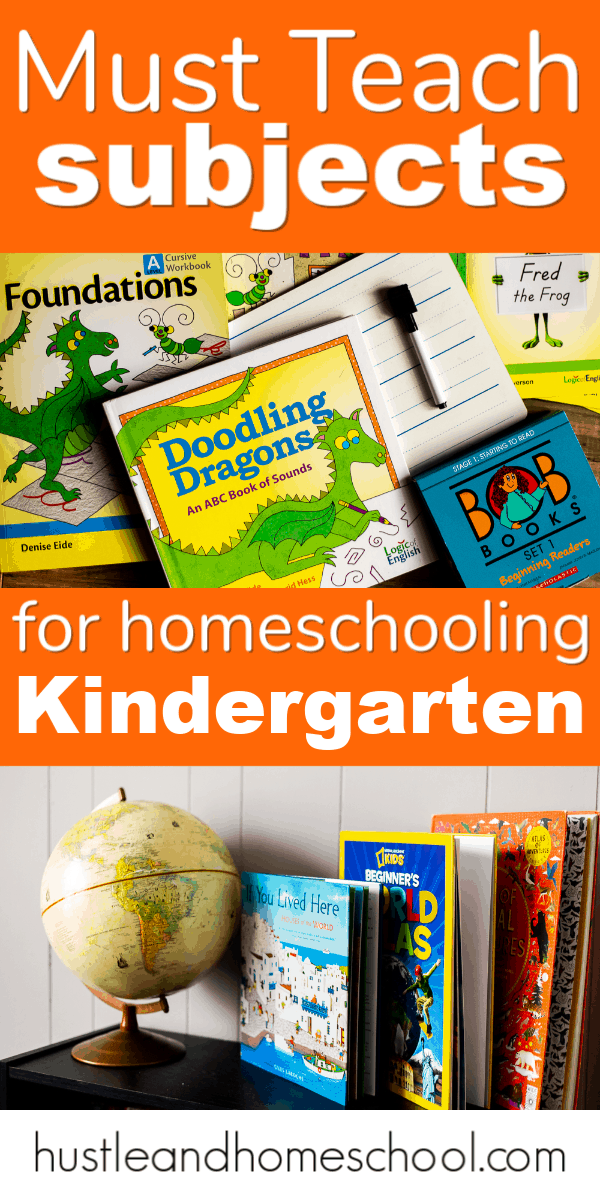
You also need to read lots of quality picture books and chapter books to your child.
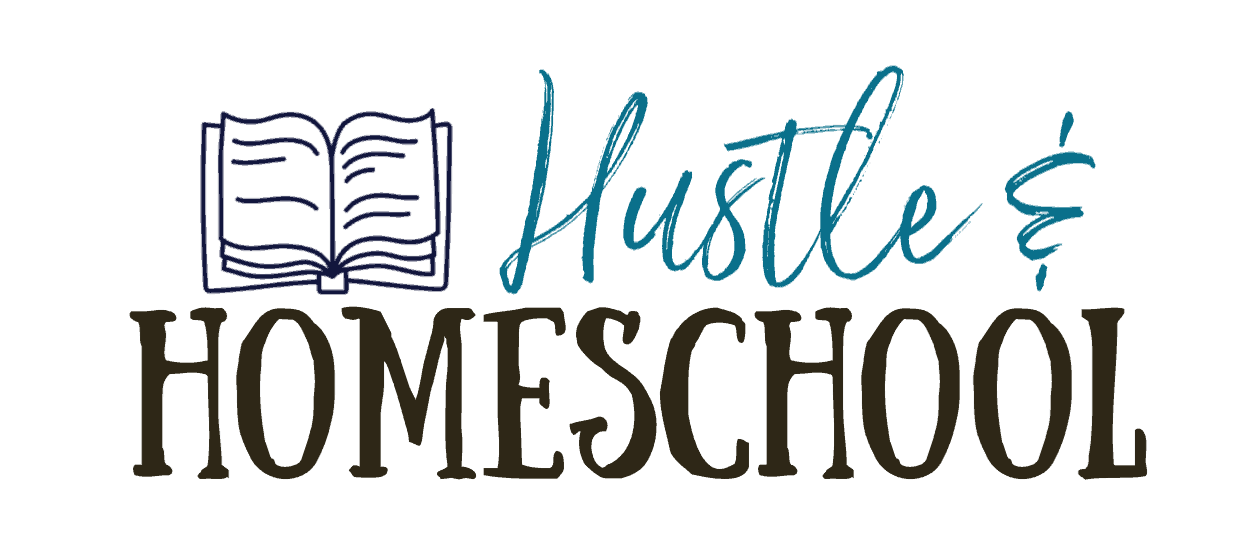
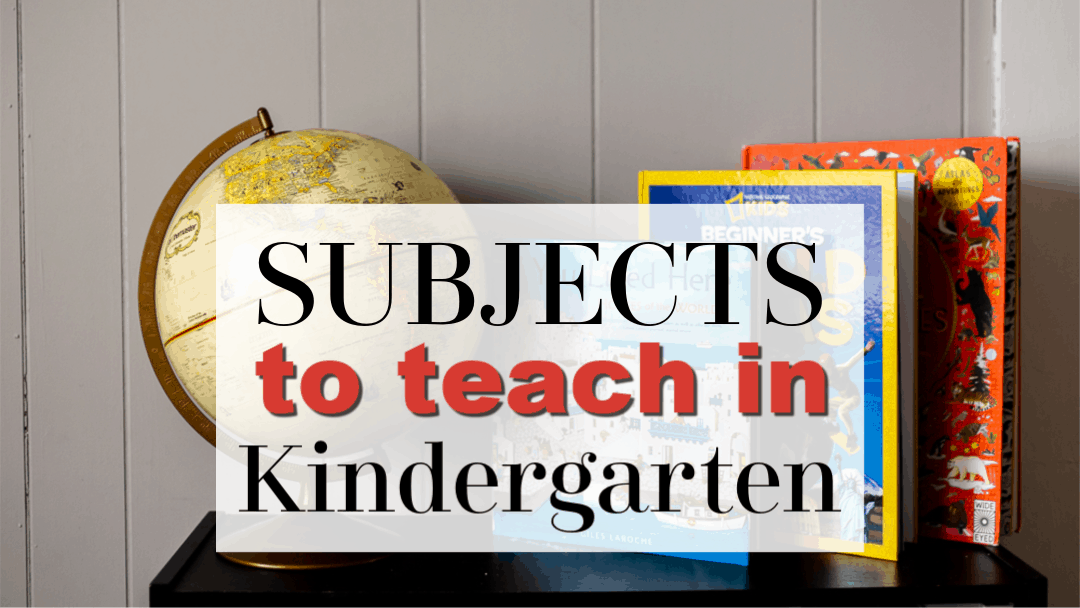
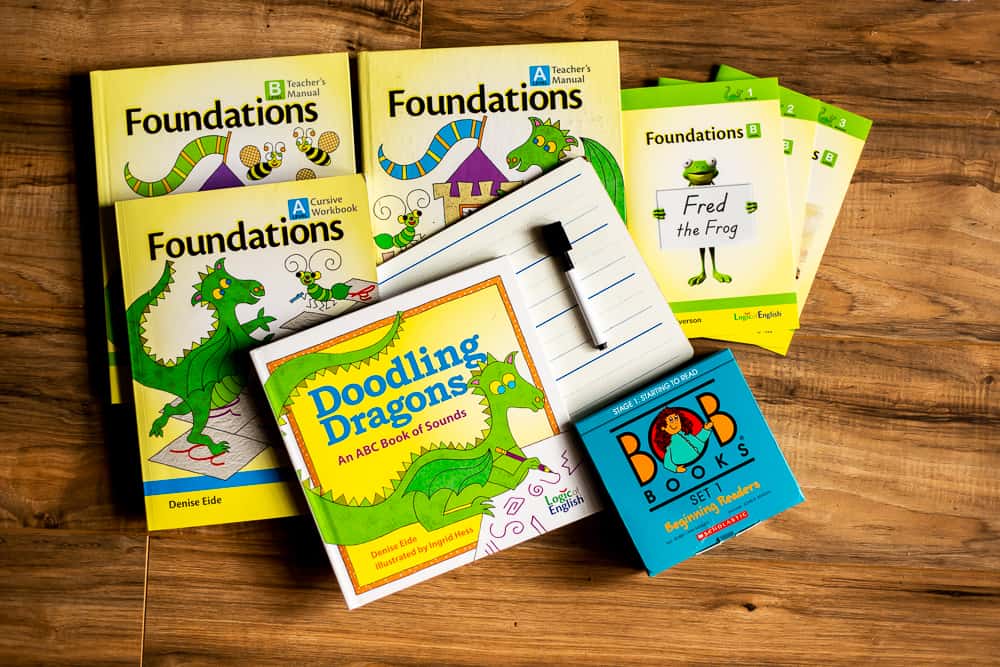

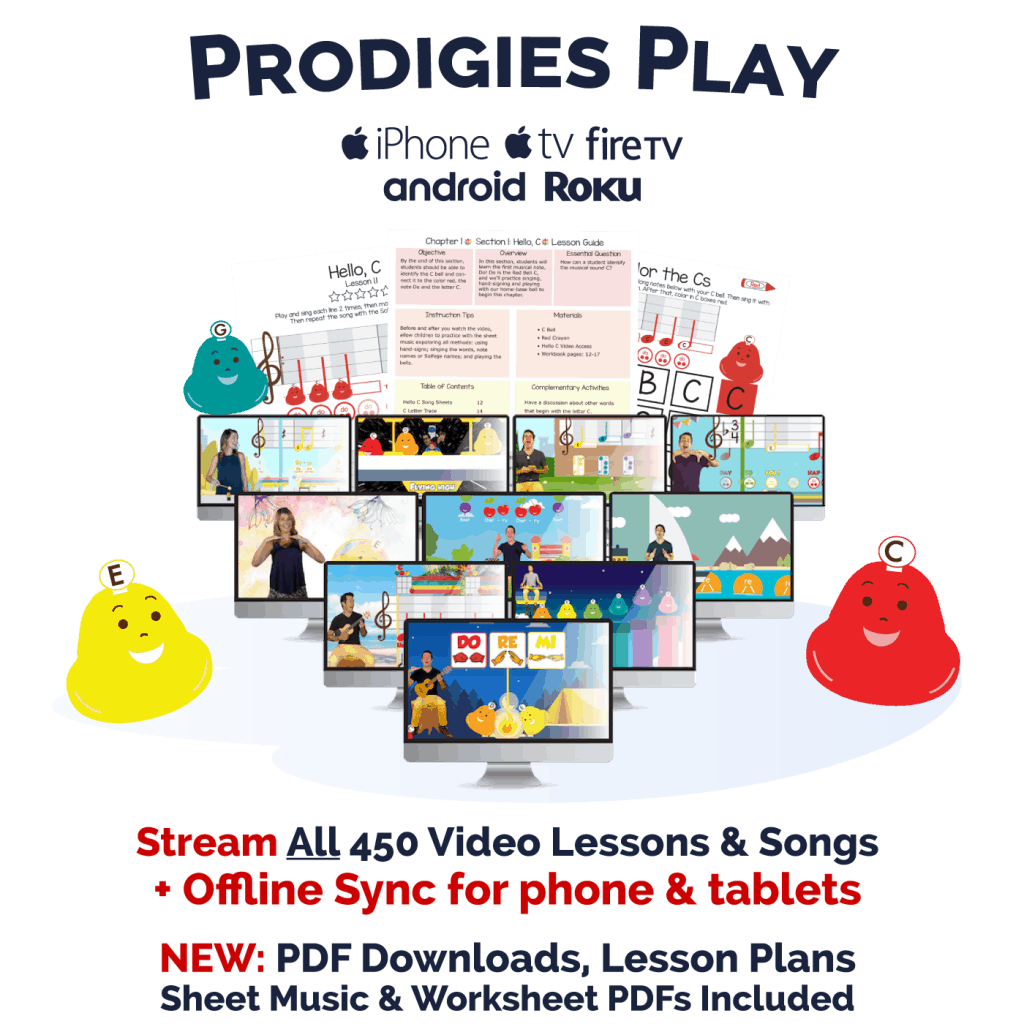
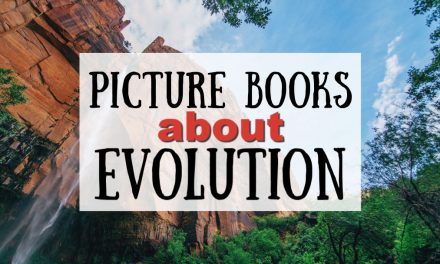
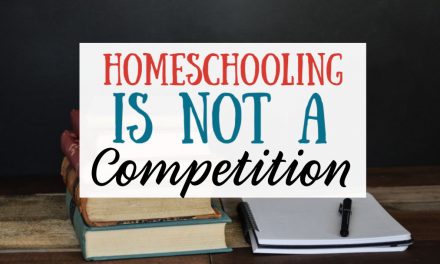
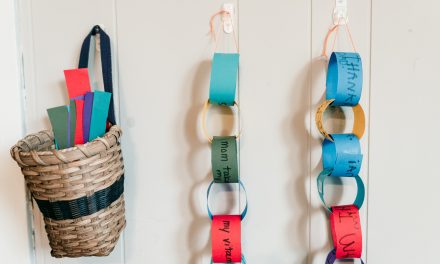
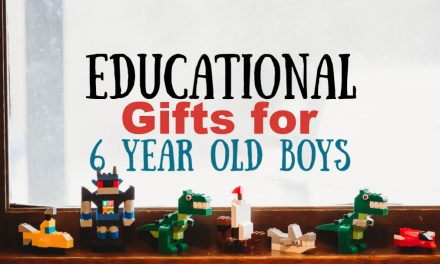
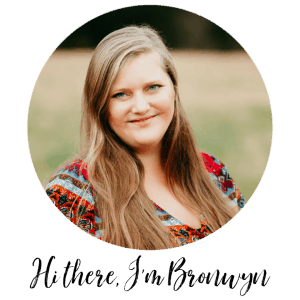
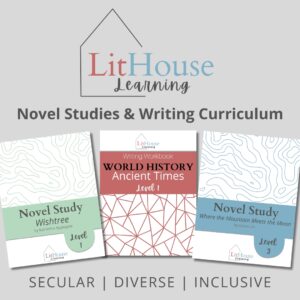
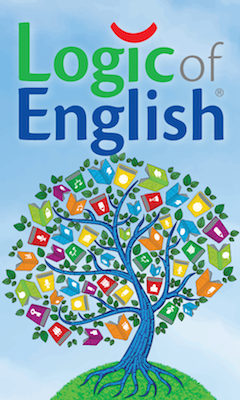
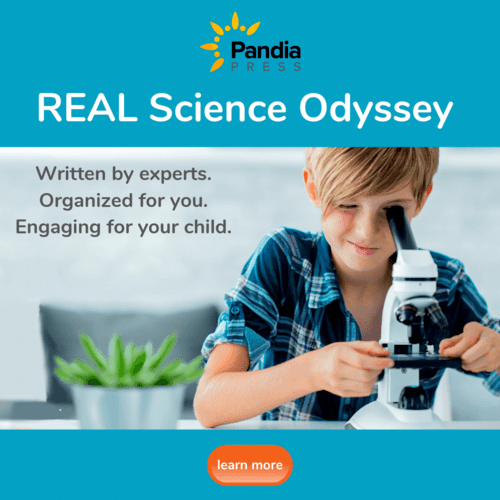
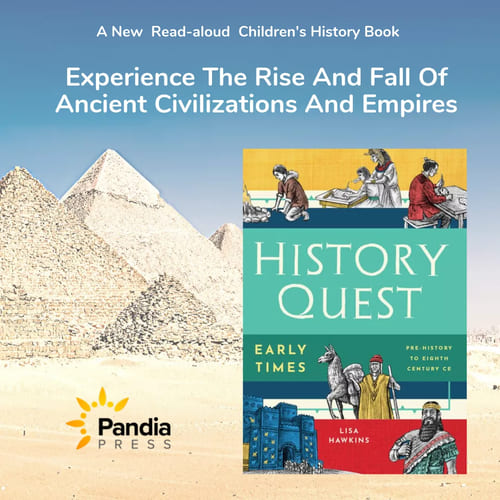

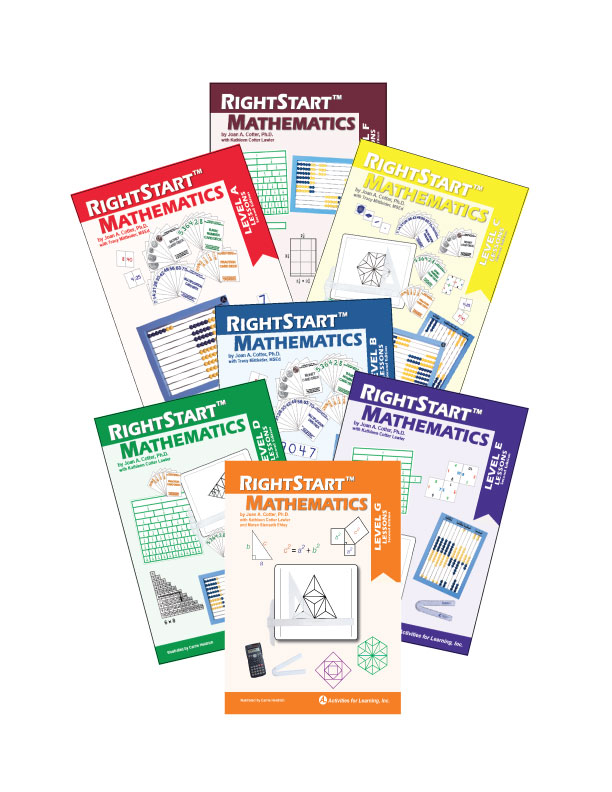
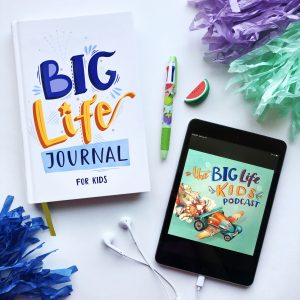
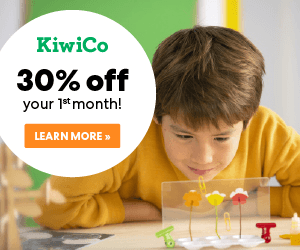
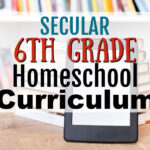
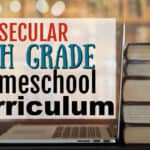
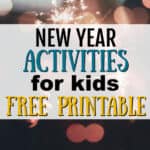

I just want you to know how helpful this post has been for me! I’m a planner (always have been, always will) and I need a cookie cutter list when I’m starting out with something. Then once I figure out what I’m doing, I can branch out. However, my child is young and I still want his day to consist mostly of play but still have a structured environment with a flexible schedule. I’m new to homeschooling, as in the researching phase, and every blog post I’ve found has said “just let them play” well that’s all fine and dandy BUUUT what should they be playing? Can I set him in the floor with blocks and let him play all day with them? No, I don’t think that’s really helping him with all the subjects that should be covered. You have explained everything so well